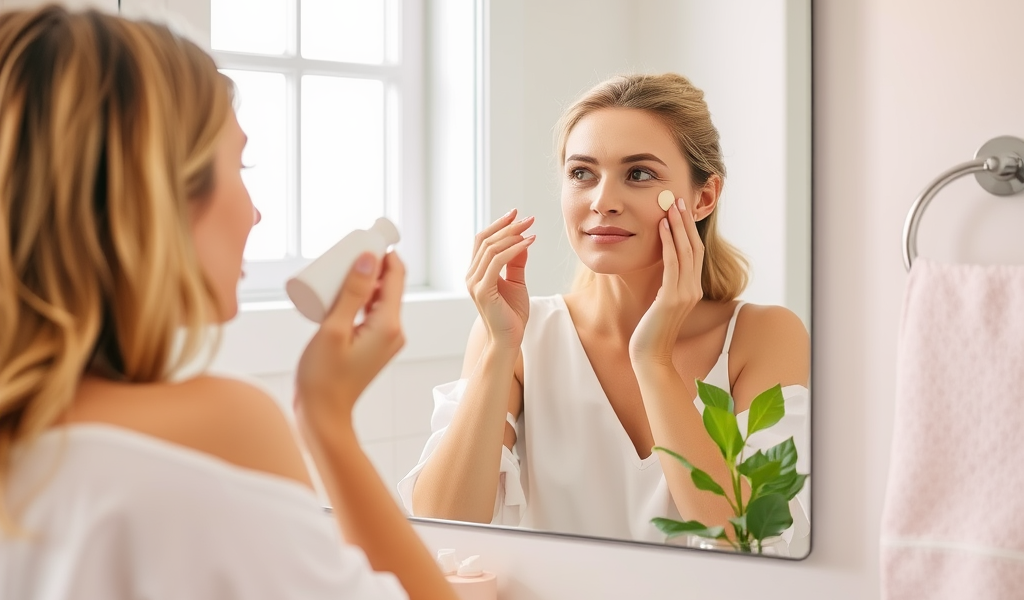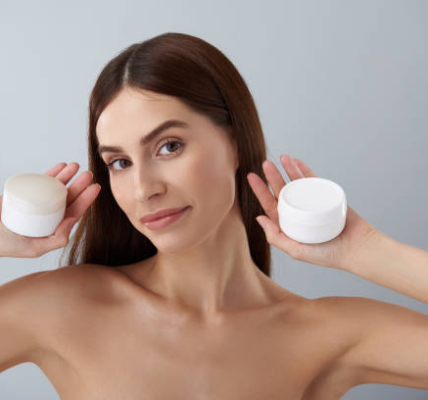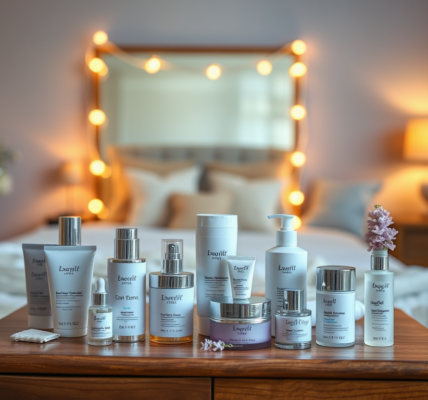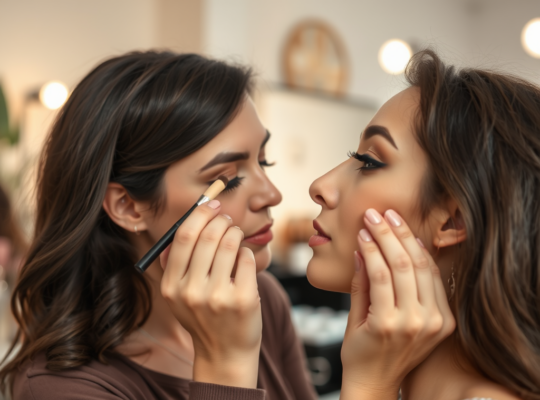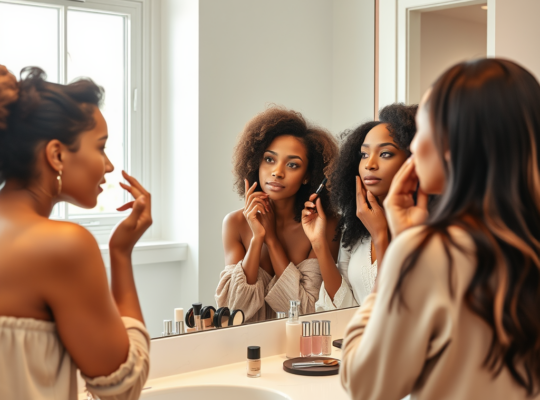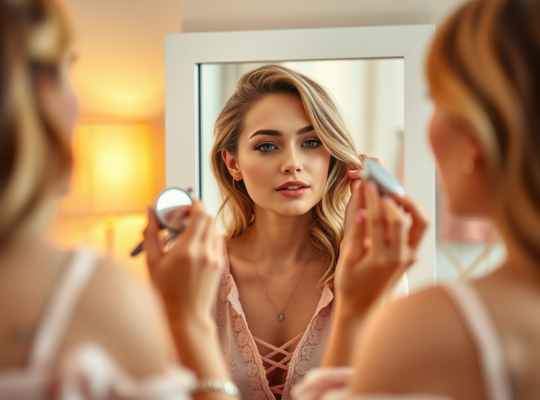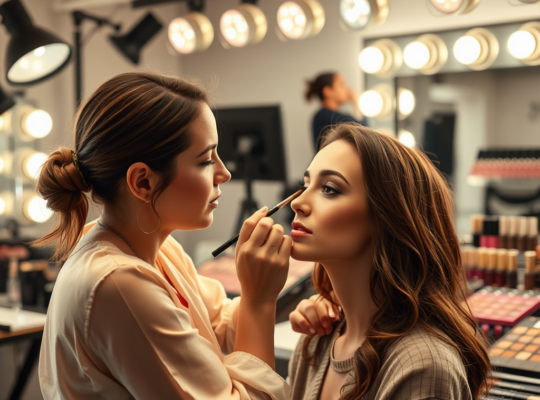When it comes to achieving that flawless makeup look, many can overlook an essential factor: skin preparation. It might seem tempting to jump straight into product application, especially when excitement builds around a new foundation or eye palette. However, investing time in the preparatory steps can transform not only the aesthetic quality of your makeup but also its lasting power throughout the day. Proper skin prep acts as a foundation upon which all makeup adheres and flourishes. As a result, mastering the art of skin prep can mean the difference between a vibrant, smooth finish and a dull, cakey appearance. Beyond aesthetics, preparing your skin can also promote healthier skin in the long run.
Understanding Skin Prep and Its Benefits
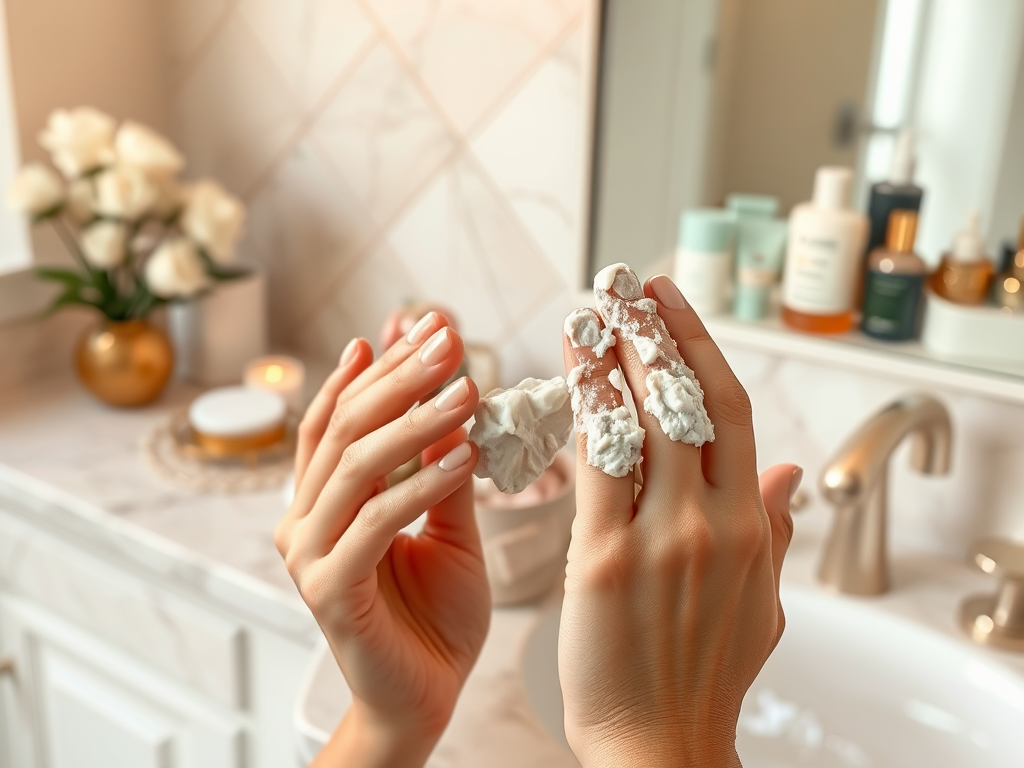
Skin prep is the crucial first step in any makeup routine that significantly influences the final look and longevity of your makeup. Many people fail to realize the role their skin plays in achieving that polished finish. Embracing the necessary steps can yield remarkable benefits and advantages. Here’s a brief look at what skin prep can accomplish for your makeup:
- Enhanced application and blending: A smooth canvas allows for seamless application of makeup products.
- Increased longevity: Makeup applied on properly prepped skin tends to last longer, reducing the need for touch-ups.
- Healthier skin: Investing in skin preparation nurtures skin health, making it more resilient over time.
Essential Steps for Effective Skin Prep
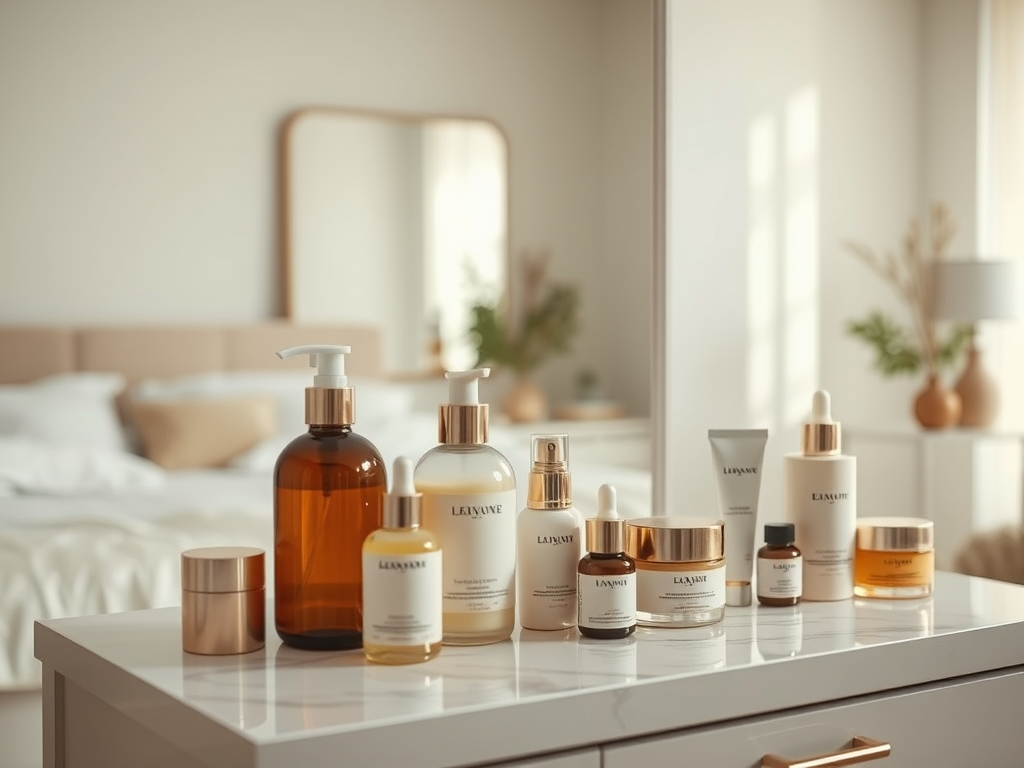
Before diving into the makeup application, it’s important to follow a systematic approach to prep your skin. Each step contributes to enhancing the overall appearance of your makeup, making every layer count. Below are the vital components of an effective skin prep routine that can help you achieve the best results.
Cleansing Your Face
The first step in your skin prep routine is cleansing. It’s essential to remove any dirt, oil, or leftover makeup to ensure a fresh start. Choosing the right product is crucial—gentle cleansers will protect the skin’s natural barrier while effectively purifying it. Use lukewarm water to help open up pores, allowing for a more thorough cleanse. Regular cleansing will help improve your skin’s texture and provide an ideal canvas for makeup application.
Exfoliation for Smoothness
Regular exfoliation helps to slough off dead skin cells, promoting a smoother surface for makeup. It’s vital to find the balance because too much exfoliation can irritate your skin. You can choose between chemical exfoliants like AHAs and BHAs or physical ones found in scrubs. Adopting exlfoliating products based on your skin type ensures that you cater to its specific needs. While exfoliating, remember to be gentle—it’s not about scrubbing hard but letting the product do the work.
| Skin Type | Recommended Cleanser | Exfoliation Frequency |
|---|---|---|
| Oily | Gel Cleanser | 1-2 times a week |
| Dry | Cream Cleanser | 1 time a week |
| Combination | Foaming Cleanser | 2 times a week |
Toning and Hydrating
Toners can add another layer of cleansing while also moisturizing your skin. Following up with a suitable hydrating serum after toning helps lock in moisture for a supple look. When choosing a toner, select one that aligns with your skin type—hydrating toners are ideal for dry skin, whereas clarifying toners can benefit oily skin types. This step sets the canvas for richer creams and oils you may wish to use afterward. With these combined efforts, you will notice a remarkable difference.
Choosing the Right Moisturizer
Moisturizers play a critical role in skin prep by ensuring that skin remains hydrated throughout the day. Different skin types require particular attention in this area, so it is essential to select a product that just right for you. For oily skin, a lightweight gel moisturizer works wonders, keeping oil at bay without clogging pores. On the other hand, dry skin benefits from a richer cream that seals in moisture and provides nourishment. A well-hydrated surface allows makeup to sit more gracefully and enhances the overall appearance.
Priming Your Skin for Makeup
As the final step in prep, applying a primer that caters to your skin type and desired finish is crucial. Primers create that essential barrier between your skin and makeup, effectively smoothing any remaining imperfections. A mattifying primer is excellent for oily skin, helping to control shine throughout the day. In contrast, a dewy primer works wonders for dry skin, lending your makeup a fresh, lively appearance. Ultimately, tailoring your primer choice contributes significantly to makeup longevity and decreases the likelihood of fading.
Conclusion
Incorporating skin prep into your makeup routine is non-negotiable for anyone seeking flawless results. By cleansing, exfoliating, toning, hydrating, moisturizing, and priming, you’re not just creating the perfect canvas; you’re also nurturing your skin for long-lasting health. When these steps are executed properly, your makeup will not only look excellent but also stay intact, reducing the need for touch-ups. Give your skin the attention it deserves; treat it with care and let your makeup shine. Ultimately, you’re investing in both your appearance and your skin’s well-being.
Frequently Asked Questions
- Why is skin prep important before applying makeup?
Skin prep ensures your skin is clean, hydrated, and smooth, which improves makeup application and longevity. - How often should I exfoliate?
Exfoliate 1-2 times a week, but this can vary depending on your skin type and sensitivity. - Can I skip moisturizer if I have oily skin?
No, even oily skin needs hydration. Opt for a lightweight moisturizer suitable for your skin type. - What’s the difference between a primer and a moisturizer?
Moisturizers hydrate your skin while primers create a smooth base for makeup application. - Is it necessary to use a toner?
Toners can provide additional cleansing and hydration that can enhance overall skin health, but they’re not mandatory.
